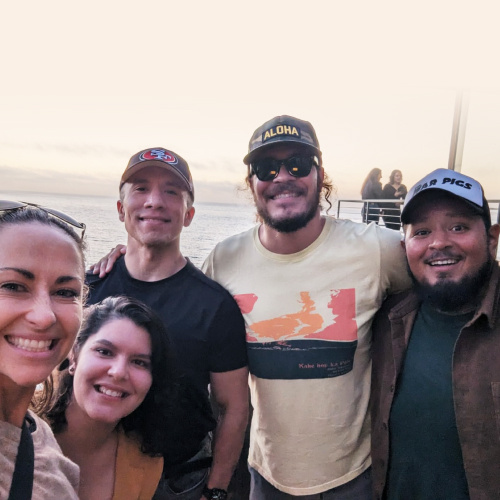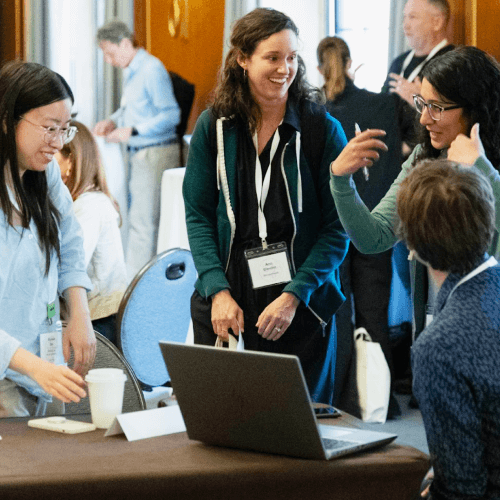pur intest is to use this diary space to index health intelligenc solutions everyone needs to be aware of as 2020s blossoms as human ai smartest age
an early [ick to watch is czi- in 2016 zuckenberg's wife proecilla chan (already a brilainat young pediatrician) has been tasked with what will liokely be one of 21st C leaidng philanthopies
thois note postyed fall 2024 updayes the vision - acrpss the deep compass of cure, prevention and management of health
https://info.chanzuckerberg.com/innovation-in-action-ai-climate-and-open-science








